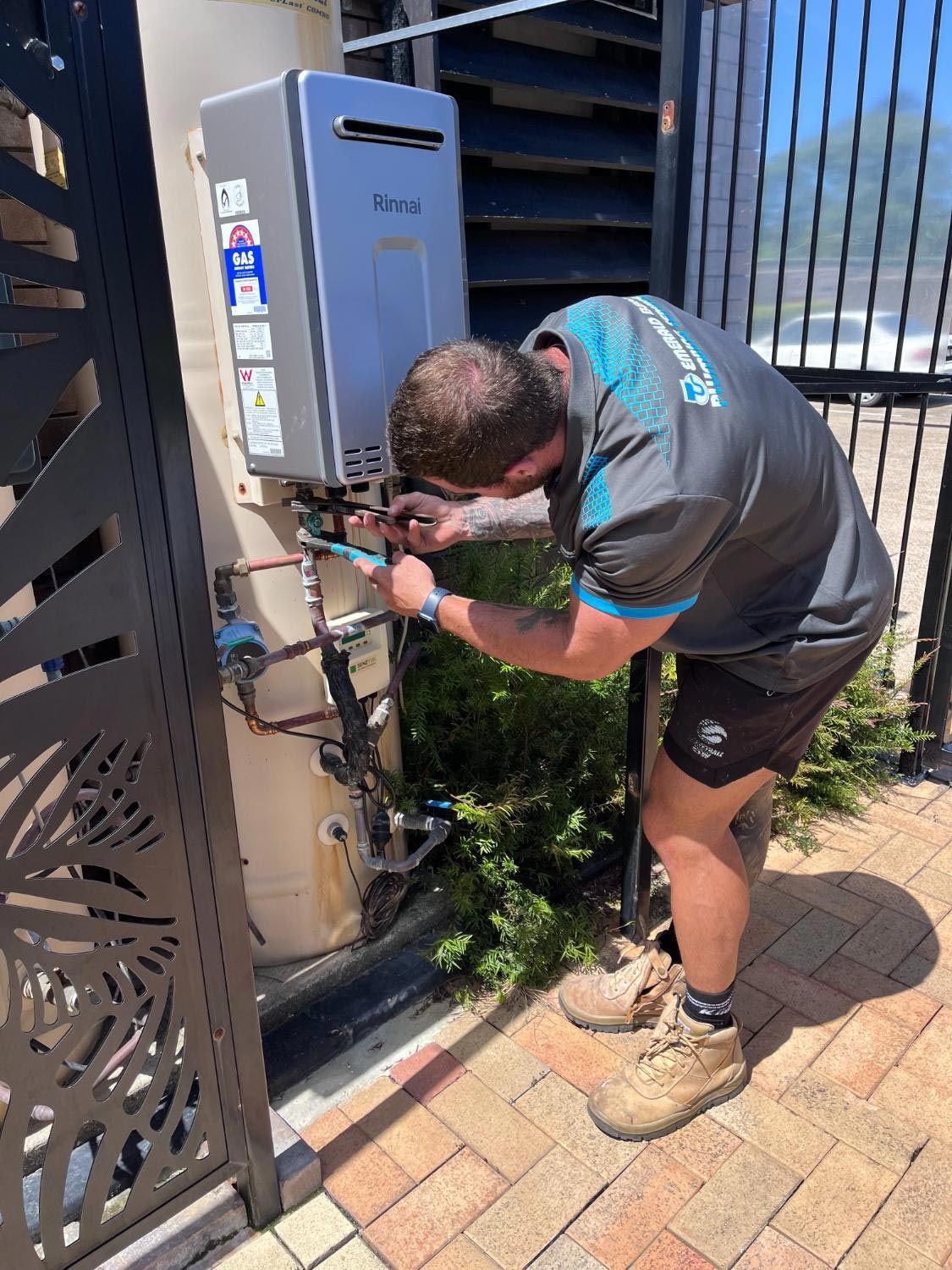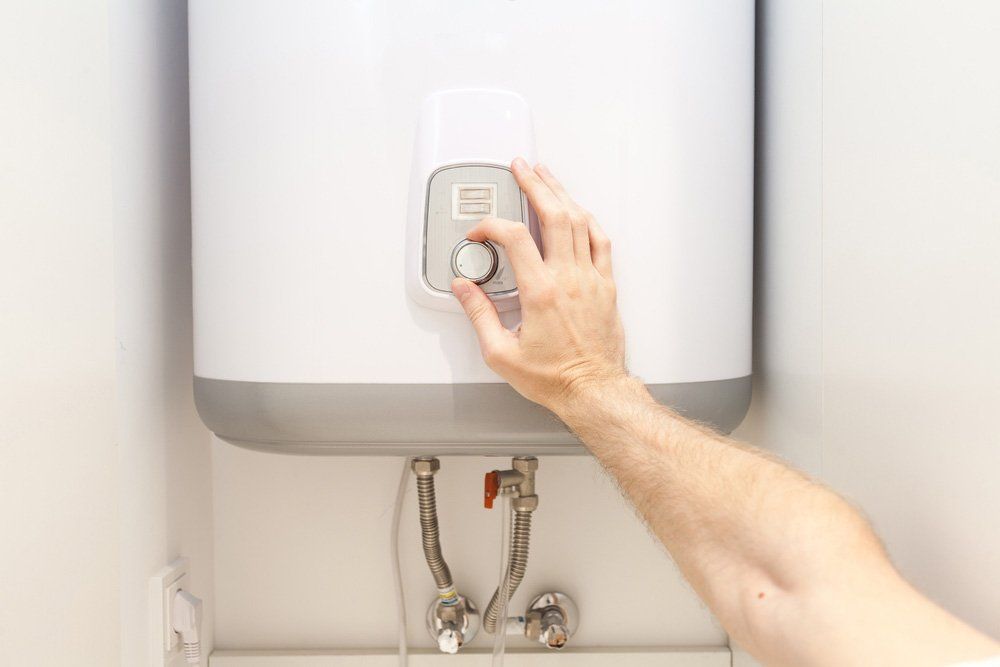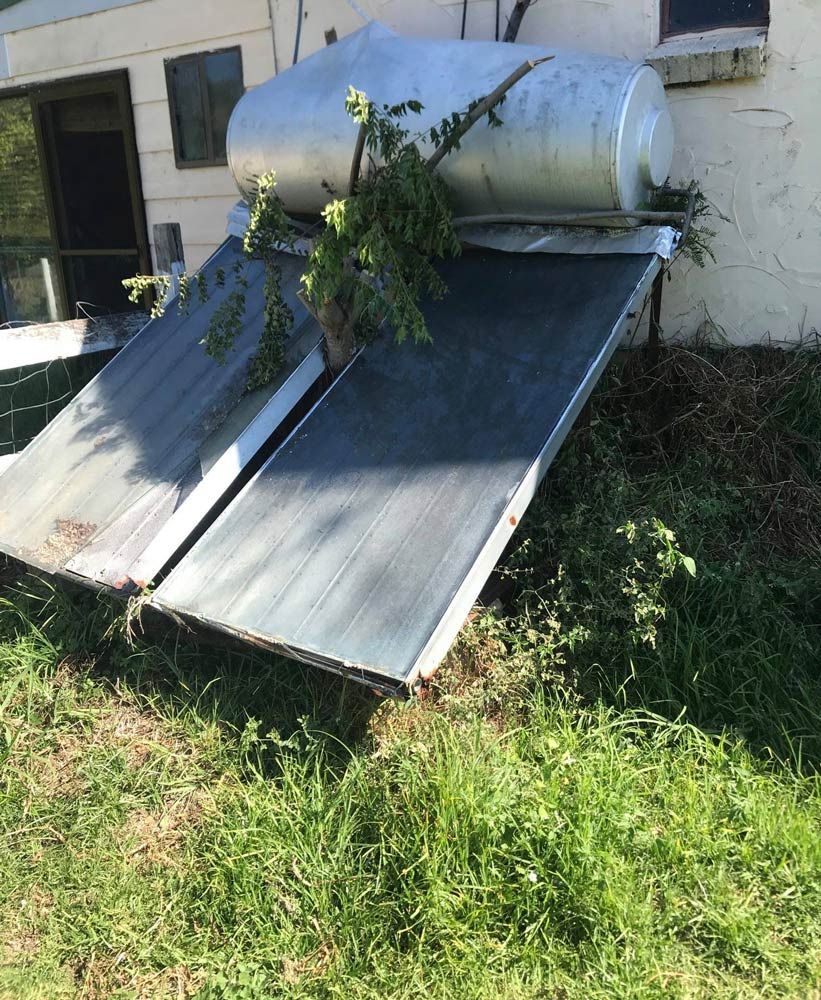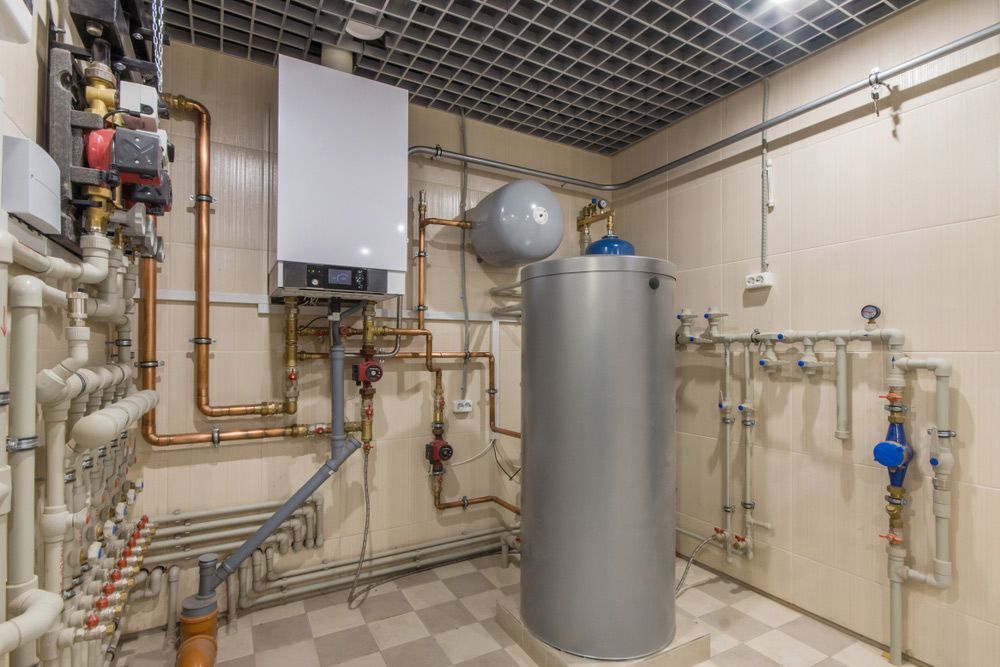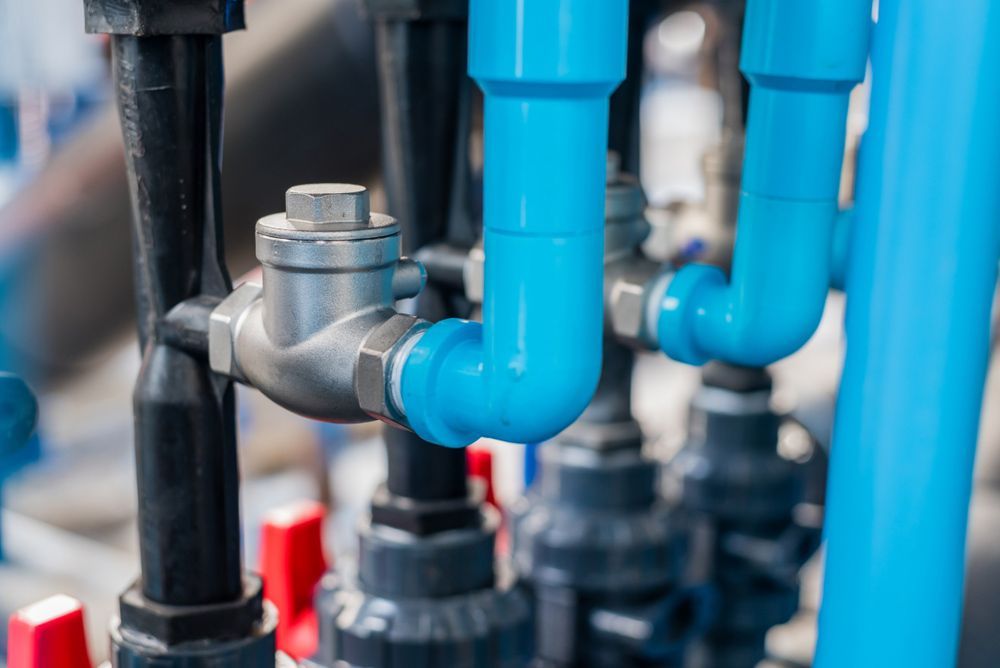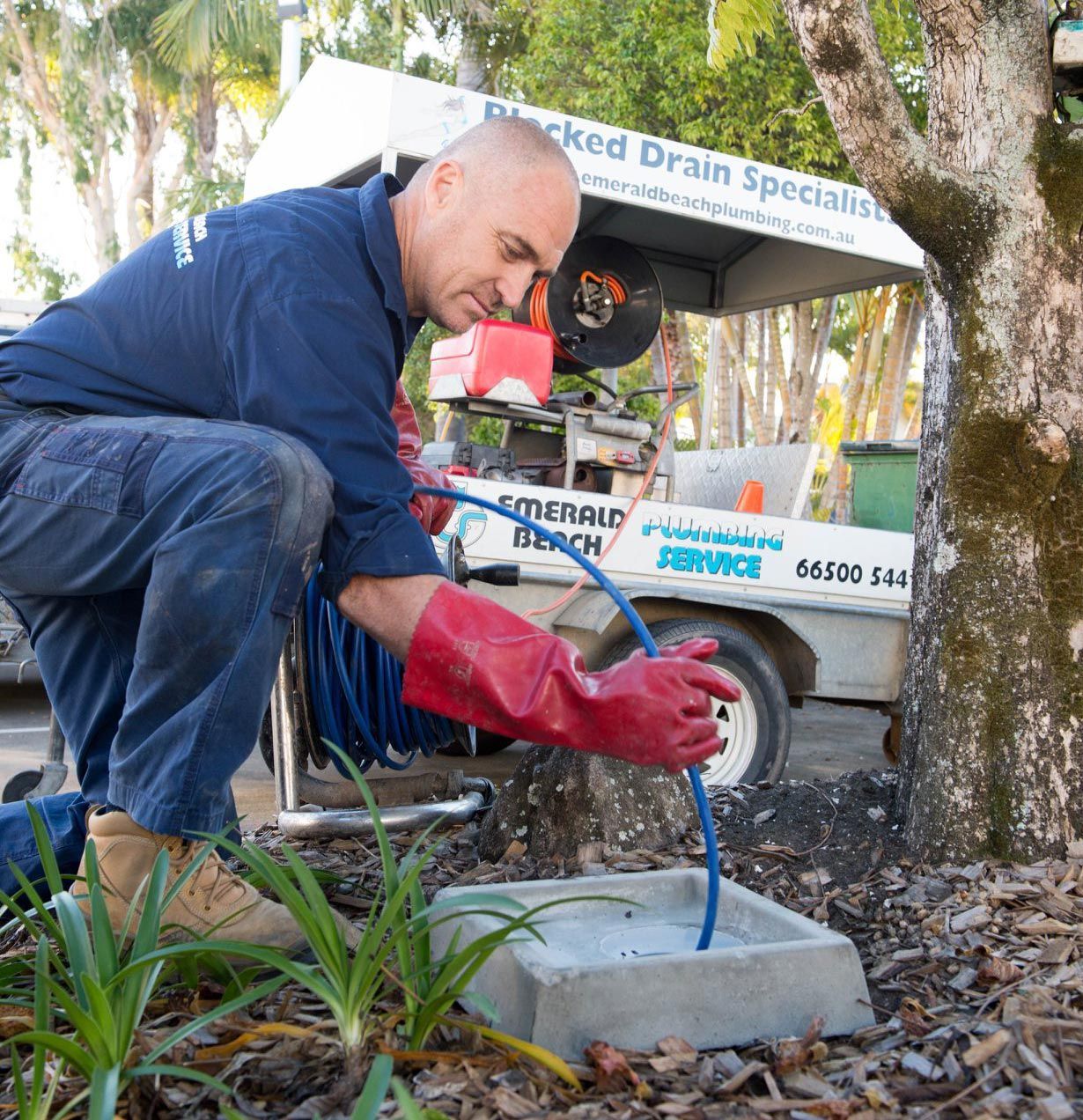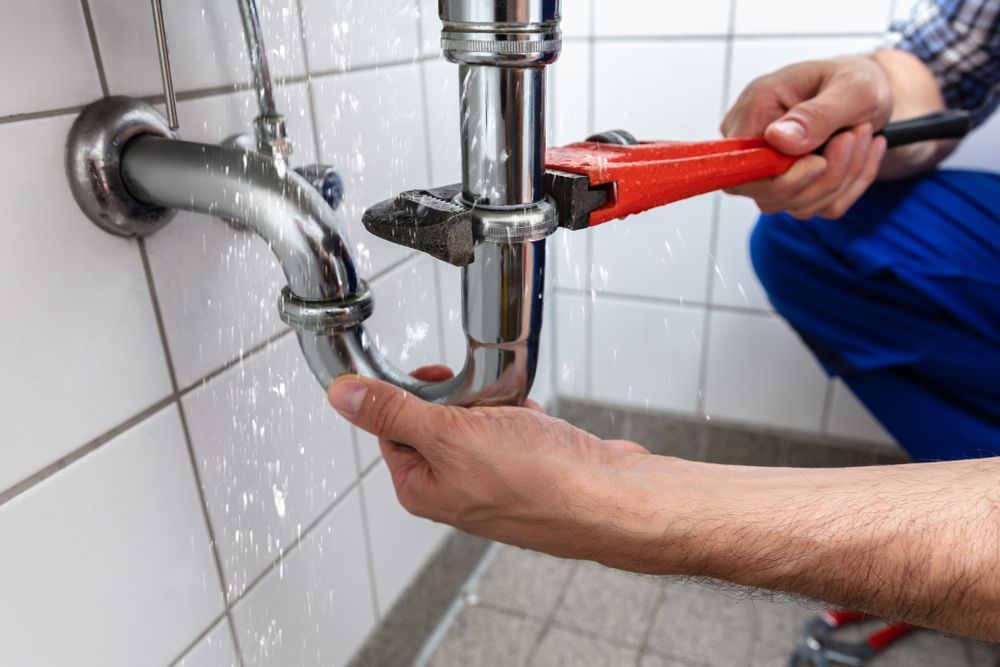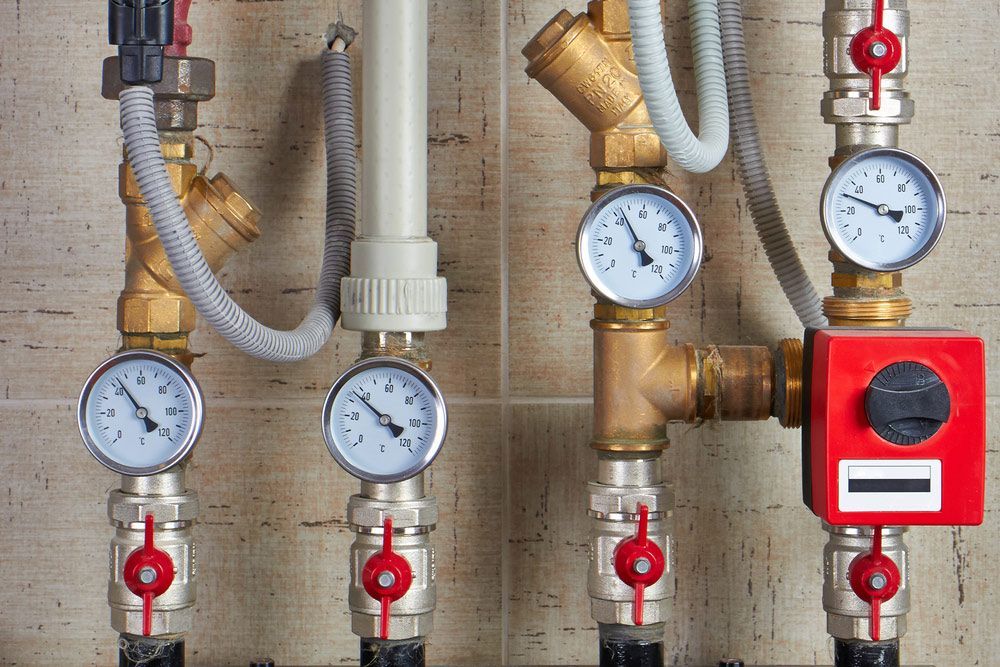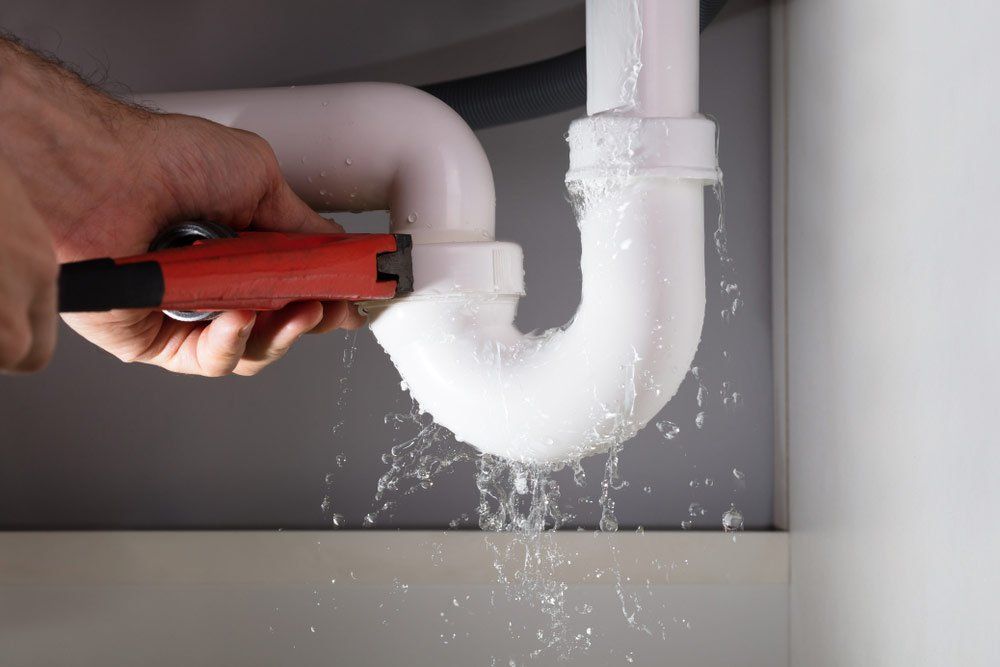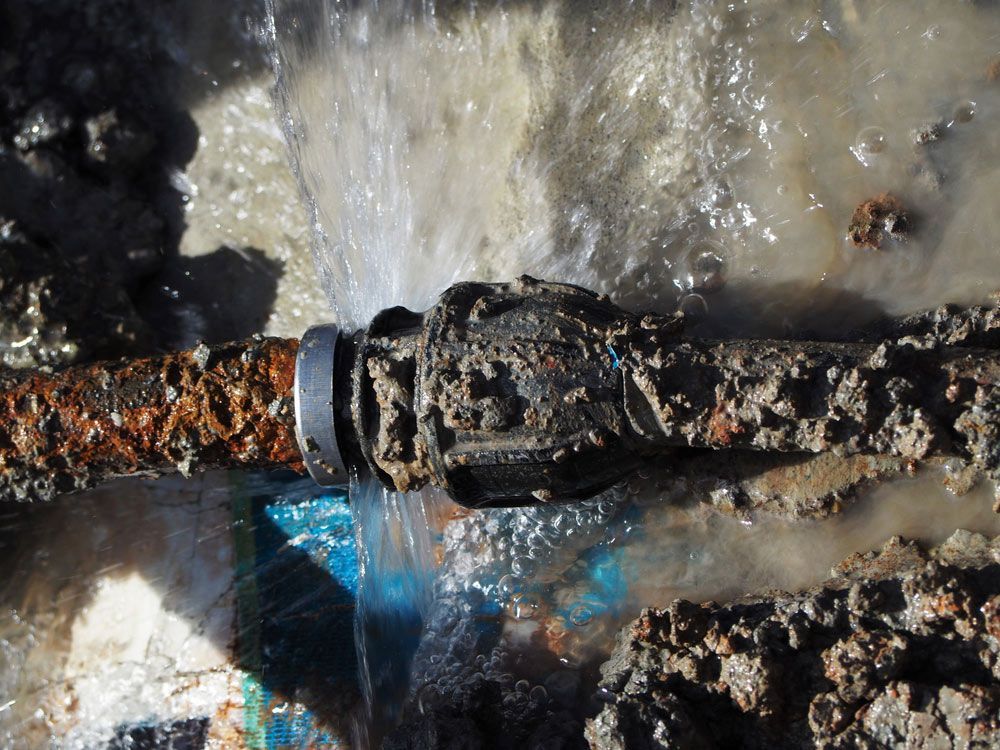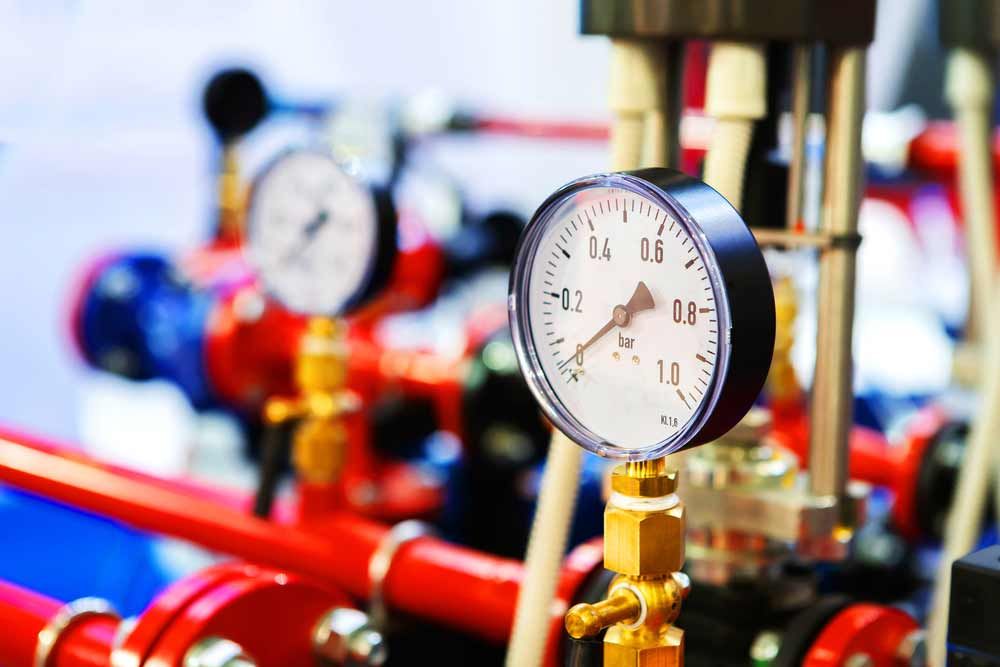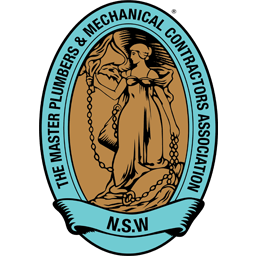The Dangers Of DIY Gas Fitting: Why You Should Trust The Experts
Have you ever considered fixing or installing a gas appliance yourself to save time or money? While DIY projects can be rewarding, gas fitting is one area that should never fall into the hands of an unlicensed individual. Whether you're tempted to connect a new cooktop or repair a suspected leak, the risks of doing it yourself are far too great.
Gas fitting is a specialised trade governed by strict safety and compliance standards for a reason. Mistakes can lead to serious health hazards, property damage, and even fatalities. In Australia, it is illegal to perform gas fittings without the appropriate licensing, and for good reason—your safety and that of everyone in the building could be on the line.
In this blog, we’ll explore the dangers of DIY gas fitting, outline the signs that indicate professional help is needed, and explain why hiring a licensed gas fitter is the smart, legal, and safe choice.
Why Is DIY Gas Fitting Dangerous?
It might seem straightforward—tighten a few pipes, connect a line, or install a new appliance. However, gas fitting is far more complex than it appears, and even a small mistake can have severe consequences.
Gas Leaks & Fire Hazards
One of the most immediate dangers of incorrect gas fitting is a gas leak. A loose connection or improperly sealed fitting can allow gas to escape into your home. Natural gas and LPG are highly flammable, and even a small leak can create a fire or explosion risk if it encounters an ignition source like a spark, pilot light, or even static electricity.
Carbon Monoxide Poisoning
Poorly fitted or malfunctioning gas appliances can release carbon monoxide—a colourless, odourless, and deadly gas. It can accumulate in enclosed areas without warning and cause symptoms like headaches, nausea, dizziness, or, in severe cases, unconsciousness and death.
Without the proper tools to test and calibrate appliances, DIY installers risk creating an invisible danger that may go undetected until it’s too late.
Legal & Insurance Consequences
In Australia, it is illegal for anyone without a gas work licence to carry out gas installations, modifications, or repairs. DIY gas fitting is not only unsafe—it can also void your home insurance policy. If an incident occurs and it’s discovered that unlicensed work was carried out, your insurer may refuse to cover the damage.
You may also face fines and legal liability, and be required to redo the work at your own expense using a licensed gas fitter.
What Does a Licensed Gas Fitter Do?
Licensed gas fitters have undergone specialised training and accreditation to safely install, maintain, and repair gas systems and appliances. Their work covers:
- Installing new gas lines and appliances (e.g., ovens, heaters, hot water systems).
- Performing leak detection and safety inspections.
- Connecting gas to the mains supply or bottled gas.
- Complying with Australian standards and local regulations.
- Issuing compliance certificates to confirm safe installation.
They also have access to specialist tools, pressure testing equipment, and updated knowledge of local codes to ensure all work is done to the highest safety standards.
Signs Your Gas Fitting Needs Professional Attention
Whether you’ve just moved into a property or you’re noticing changes in how your appliances function, these signs suggest it’s time to call a licensed gas fitter:
Smell of Gas
Natural gas is treated with a strong sulphur-like odour to help detect leaks. If you notice this smell indoors or near any appliance, turn off the gas at the main supply, ventilate the area, and contact a licensed professional immediately.
Orange or Yellow Burner Flames
Gas burners should produce a crisp, blue flame. A yellow or orange flame may indicate incomplete combustion, which can lead to carbon monoxide build-up. This is not a DIY issue—it requires immediate professional diagnosis.
Higher-Than-Normal Gas Bills
Unexplained increases in your gas bill may point to an undetected leak or a malfunctioning appliance. Only a licensed fitter can properly test for leaks and correct the problem.
Soot or Scorch Marks Around Appliances
Discoloured surfaces, soot stains, or scorch marks are clear warning signs of poor combustion or gas venting issues. These issues need immediate inspection to avoid fire or health hazards.
Hissing Sounds Near Piping or Appliances
A hissing noise near a gas line could be a high-pressure leak. Do not attempt to fix it yourself—shut off the gas and contact a licensed gas fitter urgently.
Why Hiring a Licensed Gas Fitter Saves Time, Money & Stress
Many DIY jobs are taken on to save money—but with gas fitting, the potential risks and future costs far outweigh the short-term savings. Hiring a licensed professional ensures the job is done right the first time, minimising risks and providing lasting peace of mind.
Professional Diagnosis
Gas systems are complex. A licensed gas fitter can quickly identify faults, test the system for safety, and determine the most efficient fix—saving time and reducing the need for return visits.
Long-Term Reliability
When work is carried out to industry standards, the result is a safe and durable system that functions properly over the long term. There’s less chance of breakdowns, leaks, or compliance issues arising later.
Compliance Certification
In most states, gas fitting work must be accompanied by a compliance certificate. This certifies that the job was done legally and protects you if the property is later sold, rented, or inspected.
Access to Quality Parts & Materials
Licensed professionals often have better access to high-quality components and know which brands or models are best suited for local conditions. This means a better-functioning system and fewer future issues.
What to Expect from a Professional Gas Fitting Service
If you’ve never booked a gas fitter before, here’s what a typical service might include:
- Initial Assessment: Inspection of existing lines or appliances and a safety overview.
- Clear Quotation: Transparent pricing with a breakdown of labour and materials.
- Safe Installation or Repair: Using proper tools, testing equipment, and compliant techniques.
- System Testing: Pressure testing, leak detection, and performance checks.
- Compliance Documentation: Issuance of certificates and records for your property.
Working with a licensed gas fitter also means clear communication and minimal disruption to your household while the work is being completed.
Book Licensed Gas Fitting in Coffs Harbour Today!
If you need professional, fully licensed gas fitting in Coffs Harbour, Emerald Beach Plumbing Service offers expert installation, repairs, and emergency support tailored to your needs. Contact us today to book a trusted gas fitting service and protect your home the right way.

